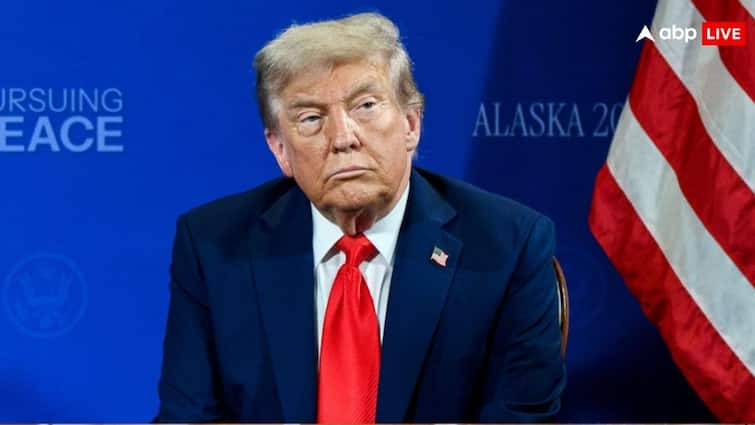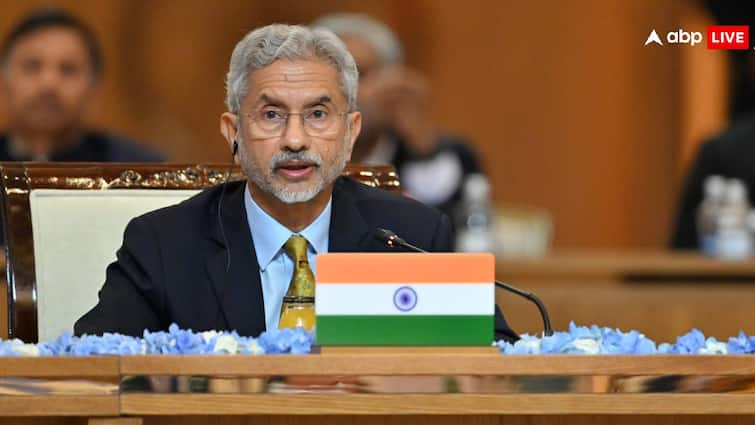India’s $283 billion information technology industry is bracing for sweeping changes after US President Donald Trump’s decision to impose a $100,000 fee on new H-1B visa applications from Sunday. According to a Reuters report, industry leaders, economists, and immigration experts warn that the new rules could upend the decades-old playbook of sending Indian professionals to the United States for client projects.
The US has been the backbone of India’s IT sector, contributing nearly 57 per cent of total revenues. The model has relied heavily on H-1B visas, which allow firms to rotate engineers and project managers to client locations in America. Government data cited by Reuters shows India accounted for 71 per cent of approved H-1B recipients last year, far ahead of China’s 11.7 per cent.
Companies Rethink Onshore Model
With Trump’s move targeting the visa program, IT giants such as Tata Consultancy Services, Infosys, HCLTech, Wipro, and Tech Mahindra may be forced to recalibrate. Reuters reported that leading US clients, including Apple, JPMorgan Chase, Walmart, Microsoft, Meta, and Google, could see project staffing models change significantly.
“The ‘American Dream’ for aspiring workers will be tough,” Ganesh Natarajan, former CEO of Zensar Technologies, told Reuters. He noted that firms are expected to reduce cross-border movement and instead ramp up delivery from India, Mexico, and the Philippines.
Industry body Nasscom warned that the decision could “potentially have ripple effects on America’s innovation ecosystem” while disrupting continuity for projects requiring onshore presence. Emkay Global’s Chief Economist Madhavi Arora told Reuters the move could erode the traditional onsite-offshore balance and compress margins for Indian IT companies.
Legal Battles, Immigration Uncertainty
Immigration lawyers reported frantic calls from companies and employees in the wake of Trump’s proclamation, which accused IT firms of gaming the H-1B system. “We expect that companies will become far more selective in deciding which candidates to sponsor, reserving H-1B filings for only the most business-critical roles,” Vic Goel, managing partner at Goel & Anderson told Reuters.
Although the White House later clarified that the order applied only to new applicants, not existing visa holders, Reuters reported that companies like TCS, Microsoft, JPMorgan, Eli Lilly, and Amazon had advised employees to return to the US before the rules took effect. Many lawyers expect lawsuits to be filed soon. “We are anticipating that several lawsuits will be immediately forthcoming this week,” said Sophie Alcorn, CEO of Alcorn Immigration Law.
Growth Of Global Capability Centres
While the changes present immediate challenges, analysts told Reuters they could accelerate the rise of global capability centres (GCCs). These offshore hubs, once limited to back-office work, now serve as innovation centres handling operations, finance, and R&D.
Steven Hall, President and Chief AI Officer at ISG, said proximity advantages would boost GCC expansion in Canada, Mexico, and Latin America, while India’s established base would also grow stronger. Nasscom-Zinnov estimates India could host more than 2,200 GCCs by 2030, generating up to 2.8 million jobs and nearing a $100 billion market size.



